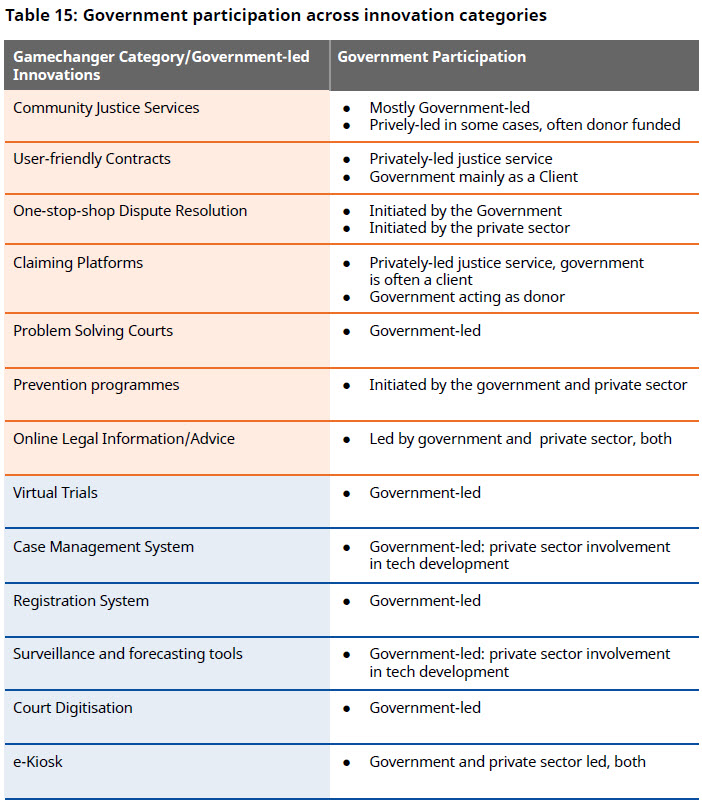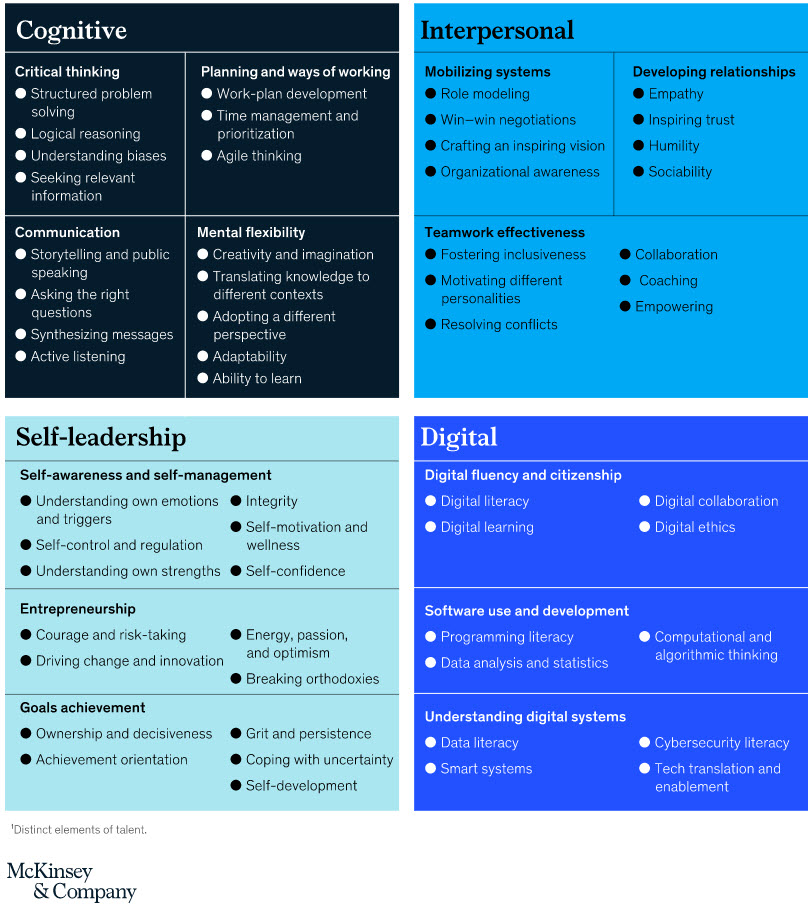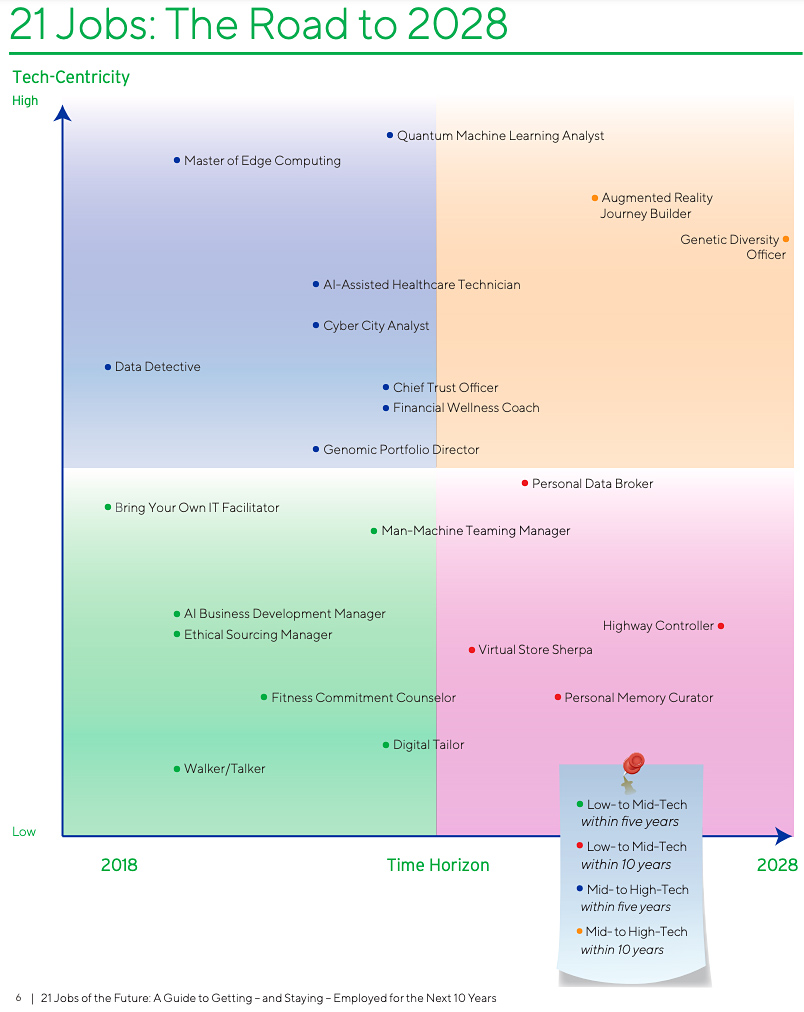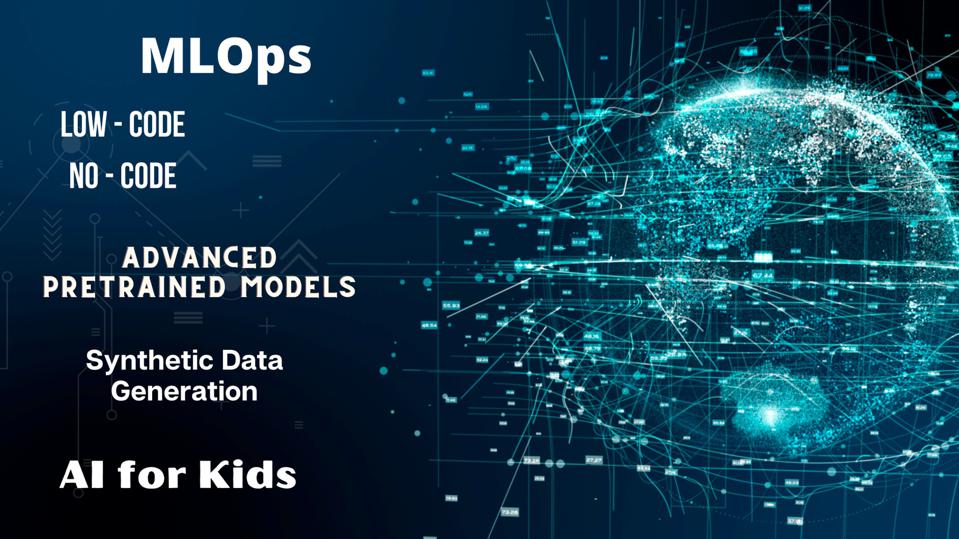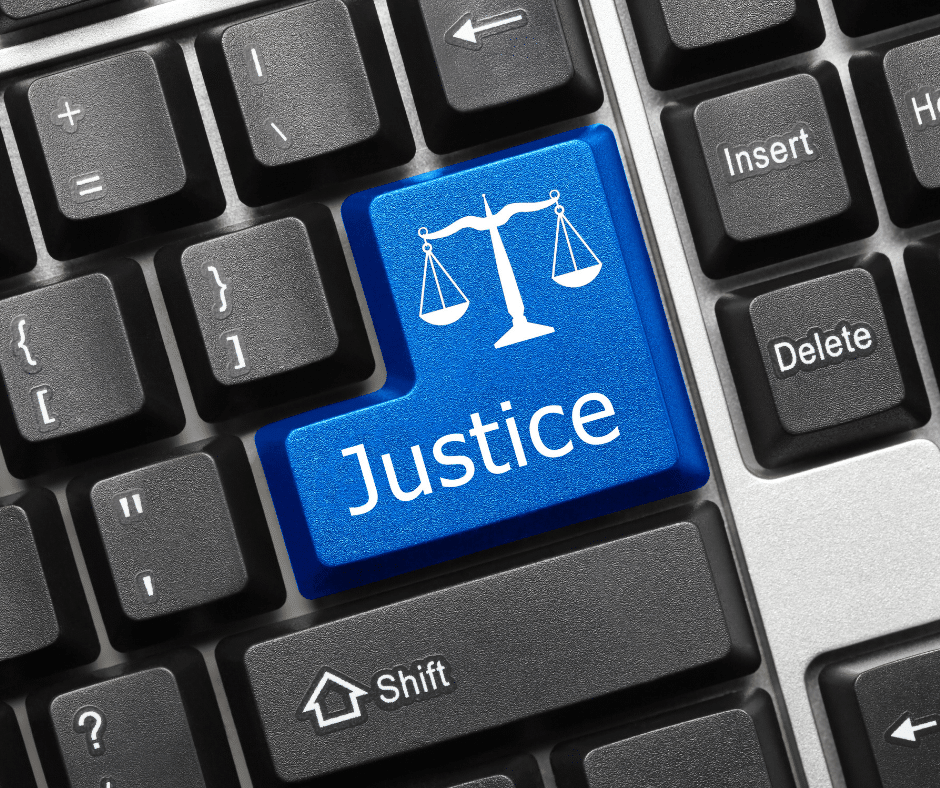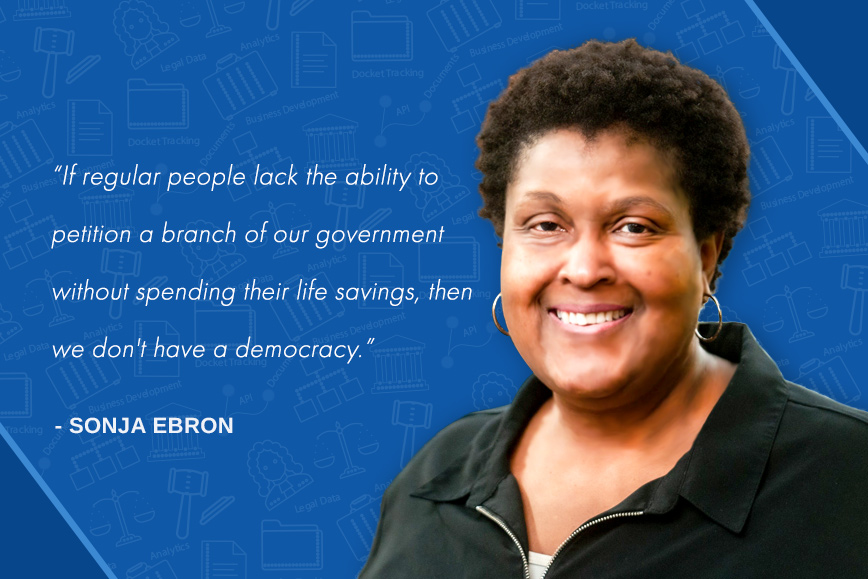Excerpt from “Use of digital technologies in judicial reform and access to justice cooperation — from HiiL (The Hague Institute for Innovation of Law)
Constitution Day 2021: An Inspiring and Incomplete Civil Justice System — from legaltechmonitor.com by David Yellen
Excerpts:
Constitution Day, September 17, commemorates that date in 1787 when the delegates to the Constitutional Convention signed the U.S. Constitution in Philadelphia. Clearly, this date and this holiday do not attract nearly as much attention as July 4, the holiday marking the signing of the other foundational document of the United States, the Declaration of Independence. That is somewhat lamentable, however, because all Americans should take the time to celebrate and reflect on the Constitution each year.
I say celebrate because the Constitution was remarkable when it was written, and has served as the basic architecture for our system of government, law, and individual liberty for over 200 years. Not only has it remained the steadfast backbone of our country’s system of government, it has influenced new and evolving democracies around the world.
Despite the challenges, we believe the American legal system is still the best approach—and we believe all of us share a responsibility to embrace its ideals, expand access, and improve delivery.
Major Companies Are Expanding Into Space. We Need a New Space Treaty
DC: Is this a topic for law schools now!?! I hadn’t lumped this in with #emergingtechnologies such as #AI #AR #IoT #blockchain & more, but perhaps I should start doing that…? https://t.co/5Ex5WdTjq1
— Daniel Christian (he/him/his) (@dchristian5) July 26, 2021
Watch a Drone Swarm Fly Through a Fake Forest Without Crashing — from wired.com by Max Levy
Each copter doesn’t just track where the others are. It constantly predicts where they’ll go.
From DSC:
I’m not too crazy about this drone swarm…in fact, the more I thought about it, I find it quite alarming and nerve-racking. It doesn’t take much imagination to think what the militaries of the world are already doing with this kind of thing. And our son is now in the Marines. So forgive me if I’m a bit biased here…but I can’t help but wondering what the role/impact of foot soldiers will be in the next war? I hope we don’t have one.
Anway, just because we can…
The metaverse: real world laws give rise to virtual world problems — from cityam.com by Gregor Pryor
Legal questions
Like many technological advances, from the birth of the internet to more modern-day phenomena such as the use of big data and artificial intelligence (AI), the metaverse will in some way challenge the legal status quo.Whilst the growth and adoption of the metaverse will raise age-old legal questions, it will also generate a number of unique legal and regulatory obstacles that need to be overcome.
From DSC:
I’m posting this because this is another example of why we have to pick up the pace within the legal realm. Organizations like the American Bar Association (ABA) are going to have to pick up the pace big time. Society has been being impacted by a variety of emerging technologies such as these. And such changes are far from being over. Law schools need to assess their roles and responsibilities in this new world as well.
Addendum on 3/29/21:
Below are some more examples from Jason Tashea’s “The Justice Tech Download” e-newsletter:
- Florida prisons buy up location data from data brokers. (Techdirt) A prison mail surveillance company keeps tabs on those on the outside, too. (VICE)
- Police reform requires regulating surveillance tech. (Patch) (h/t Rebecca Williams) A police camera that never tires stirs unease at the US First Circuit Court of Appeals. (Courthouse News)
- A Florida sheriff’s office was sued for using its predictive policing program to harass residents. (Techdirt)
- A map of e-carceration in the US. (Media Justice) (h/t Upturn)
- This is what happens when ICE asks Google for your user information. (Los Angeles Times)
- Data shows the NYPD seized 55,000 phones in 2020, and it returned less than 35,000 of them. (Techdirt)
- The SAFE TECH Act will make the internet less safe for sex workers. (OneZero)
- A New York lawmaker wants to ban the use of armed robots by police. (Wired)
- A look at the first wave of government accountability of algorithms. (AI Now Institute) The algorithmic auditing trap. (OneZero)
- The (im)possibility of fairness: Different value systems require different mechanisms for fair decision making. (Association for Computing Machinery)
- A new open dataset has 510 commercial legal contracts with 13,000+ labels. (Atticus Project)
- JusticeText co-founder shares her experience building tech for public defenders. (Law360)
A New York Lawmaker Wants to Ban Police Use of Armed Robots — from wired.com by Sidney Fussell
Officers’ use of Boston Robotics’ Digidog intensifies concerns about militarization of the police.
Excerpt:
NEW YORK CITY councilmember Ben Kallos says he “watched in horror” last month when city police responded to a hostage situation in the Bronx using Boston Dynamics’ Digidog, a remotely operated robotic dog equipped with surveillance cameras. Pictures of the Digidog went viral on Twitter, in part due to their uncanny resemblance with world-ending machines in the Netflix sci-fi series Black Mirror.
Technology and Access to Justice: How Does It Work? — from lawdroid.com by Robin Bull
Excerpt (emphasis DSC):
At its most basic level, the term “access to justice” means the ability that a person has in accessing the legal system. This includes, and is not limited to, the ability to afford an attorney and file a lawsuit. There is only a legal right to an attorney if a person faces a criminal charge. There is no right to an attorney if someone is involved in a civil matter.
…
In the civil system, there is no constitutional right to an attorney. If a person can afford an attorney, great. Sure, there are legal aid organizations set up to provide access to justice. However, many do not have the funds, enough employees, or enough volunteers to help every person who seeks them out. Many Americans cannot afford to pay an hourly rate to have an attorney handle a civil matter. Even if they manage to come up with a retainer, they may not be able to see the matter through to completion or finish paying their attorney.
Here are a few ways that technology and access to justice work together.
Also see:
- UniCourt Influencer Q&A with Sonja Ebron of Courtroom5 — from UniCourt.com
Logging in to get kicked out: Inside America’s virtual eviction crisis — from technologyreview.com by Eileen Guo
Excerpts:
An unprecedented, imperfect moratorium
Before the pandemic, an average of 3.6 million Americans lost their homes to evictions every year, according to Princeton University’s Eviction Lab. By the end of 2020, this number could increase exponentially, with one report from the Aspen Institute estimating that, without further federal aid, between 30 to 40 million people may be at risk of eviction in the next several months. The financial hardship exacerbated by covid-19 has left many in a precarious situation.
.
Legal aid attorneys chart course for 2021 after spike in demand — from law360.com by Justin Wise
Excerpts: (emphasis DSC)
The coronavirus pandemic and the economic downturn it caused sparked a massive spike in demand for legal aid services from America’s most marginalized communities, leaving a field already under-resourced facing even greater strain in 2020.
At the same time, many organizations had to close their offices in the spring and significantly reduce in-person communication with clients to comply with health guidelines. It all amounted to a “pretty crushing” year in which attorneys transitioned to a primarily remote operation with new channels including a COVID-19 legal intake line, Southeast Louisiana Legal Services Executive Director Laura Tuggle said.
Tuggle said 3 in 4 of the calls on the SLLS hotline are from people seeking assistance on matters relating to housing and evictions. Overall, the group has had a 300% increase in eviction cases this year. It also had a 600% increase in unemployment assistance cases in the first few months of the pandemic.
“The most pressing legal need America faces as we enter 2021 is the tsunami of potential evictions that threaten the millions of people who have lost jobs during the pandemic,” LSC Executive Director Ronald Flagg said, pointing to a study showing that evictions can cause increases in COVID-19 cases and deaths.
A potential nightmare is coming down the pike: Massive # of evictions — which will further exacerbate the Covid19 crisis (at minimum).
DC: How can #highereducation help people reinvent themselves quickly and affordably?#learningfromthelivingclassroom https://t.co/TV5InkWHwn pic.twitter.com/5OgplxXuMO
— Daniel Christian (he/him/his) (@dchristian5) December 7, 2020
Addendum on 12/9/20:
- Black households face greater financial devastation due to COVID-19 shutdowns — from bigthink.com by Molly Hanson
New research spotlights how low-income Black households face greater financial distress and vulnerability as a result of the pandemic economic crisis.









